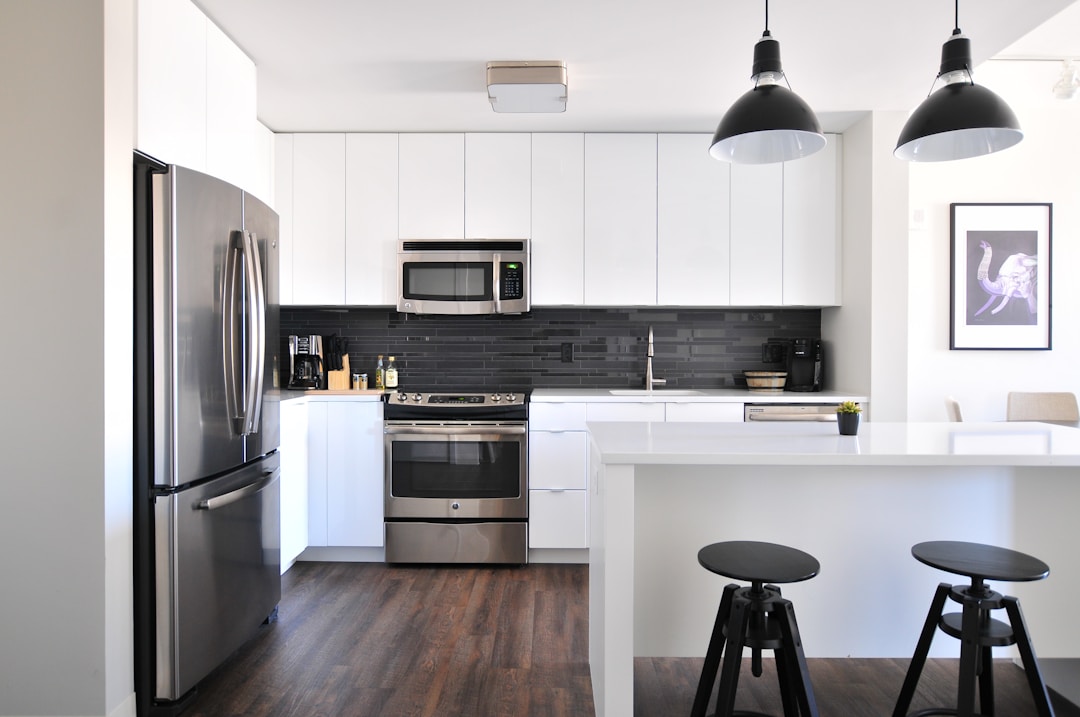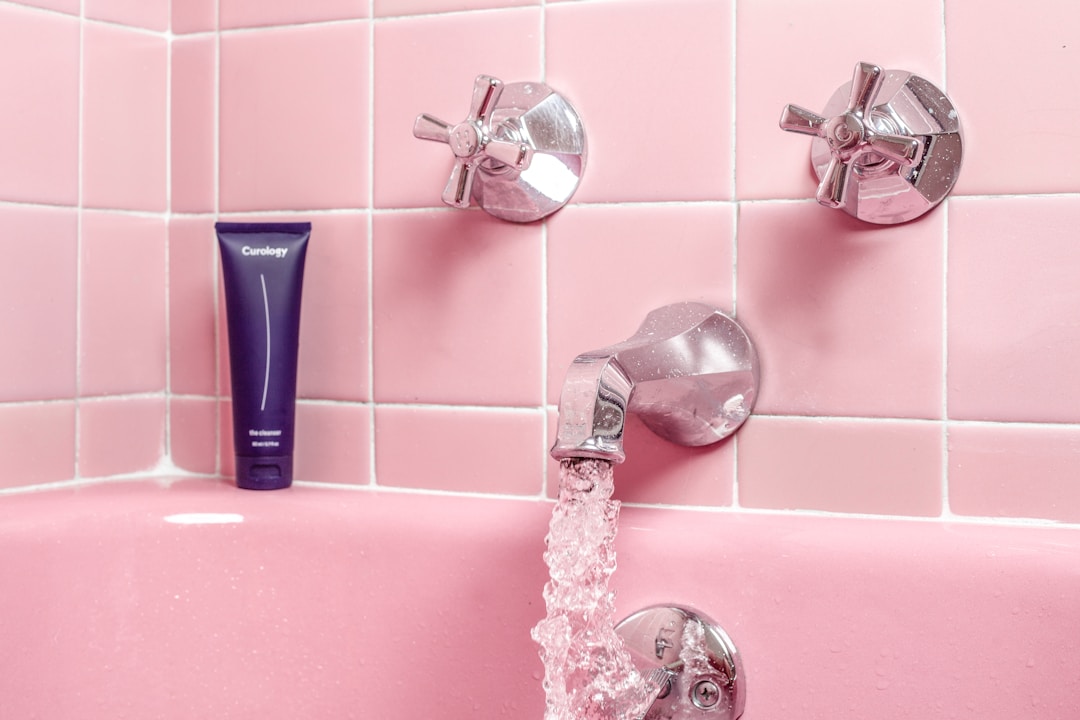Whether you’re a student, parent, renter, or homeowner, everyone is always looking for ways to save energy costs without necessarily having to switch their supplier. According to the U.S. Department of Energy, the rapid adoption of LED bulbs can collectively save the country a whopping $125 billion over the next 20 years.
Take a moment to think about that. If making a single change to something as simple as a light bulb can have such an impact, how much more of an impact would you make if you made other energy-saving adjustments around your home? With that being said, here are five energy-saving tips for your home.
1. Upgrade your appliances as often as you can.

The first step to saving energy in your home is to monitor your home appliances. This includes your fridge, washing machine, AC unit, and all the rest. Supposing your AC system is outdated, now’s a good time to invest in a replacement. You should consider replacing an HVAC or AC system with a high-performing central conditioner. However, make sure to opt for the right HVAC unit size. One that is too big or too small will waste energy. Aside from your air conditioning system, other pieces of equipment to upgrade include your washing machine and thermostat. Installing a programmable thermostat is key to energy efficiency. These are gadgets that you frequently use. Ensuring they’re energy-efficient can help lower energy bills.
2. Clean and maintain your appliances.
While changing your appliances to energy-efficient ones is a good idea, regularly maintaining them will help you save more electricity. What’s more, your electrical system will function better this way. Be sure to schedule routine maintenance on all your gadgets.
The same idea applies to the health of your HVAC system. You don’t have to wait to hear a strange noise before you know it’s time to get a technician as that could call for emergency repairs. Instead, research online for routine HVAC maintenance tips that you can do yourself to avoid potential issues. Alternatively, ask an HVAC technician to educate you on maintenance tips for your HVAC system and be attentive to avoid future costly repairs.
3. Insulate your home.

The relationship between insulation and energy efficiency is undeniable, and it’s easy to see why. About a third of the cost of heating bills is lost through cracks in your walls, doors, and windows. Therefore, installing wall cavity insulation and draught-proofing your home can save you a significant amount on your monthly utility bill. You’ll be able to retain heat during the winter months and cool air during summer.
Additionally, draught-proofing protects your indoor air quality by preventing pollen (which is common during early spring and the summer months) from getting in through any cracks and crevices. Make sure you get a contractor to check areas like your ducts, chimney, attic door, and plumbing stacks for signs of leakage. These are common sources of leaks in your home.
4. Use a smart thermostat.
As already identified, heating and air conditioning tend to be the main perpetrators of high energy usage. However, you can minimize this with a smart thermostat. These programmable thermostats are designed to adjust the temperature depending on your daily routine and the weather conditions. This is a great way to save energy costs without sacrificing your comfort. Your home will consistently maintain the right temperature at all times.
5. Change your daily habits.

As you may already know, the best changes begin with you. So, beyond upgrading your appliances, using smart thermostats, and insulating your home, there are simple habits you can cultivate to save energy. Of course, the most obvious is turning off your light and fan each time you leave the room. Fans don’t cool the air. Instead, they blow more air, which then causes sweat to evaporate—thereby making you feel cool. There’s no point in leaving a fan on and expecting your house to cool down.
Other energy-saving habits include washing your laundry in cold water, unplugging appliances, and closing your chimney when not used. Also, consider taking showers instead of baths and using your burners the right way. Smaller pots in smaller burners will go a long way in reducing your utility bill.



